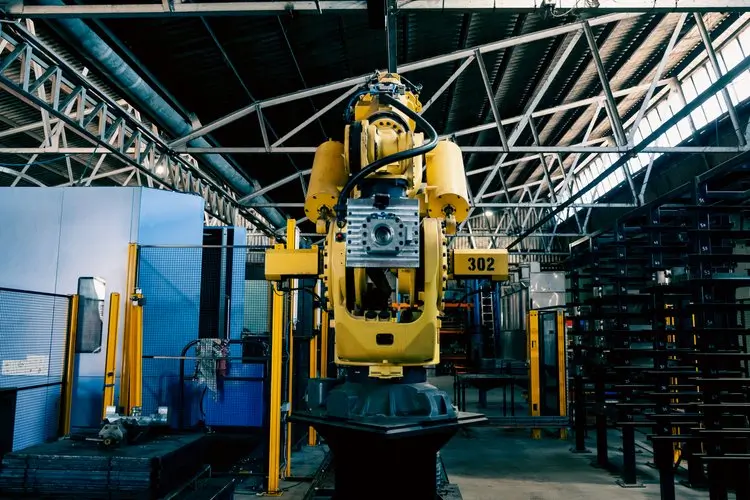Computer Numerical Control, or CNC, has revolutionized the manufacturing and engineering fields in recent decades. CNC machining combines traditional machining techniques and digital technology to create high-precision parts. This article explores CNC machining’s mechanics, benefits and the numerous applications it has and the impact it has had on the modern engineering.
The Mechanics of CNC Machining
CNC machine is a subtractive process of manufacturing, meaning it removes material from a block, or workpiece, in order to form the desired shape. The computer software used to control the machine movements is pre-programmed. The code that is generated for CNC machinery varies depending on the kind of CNC machine it’s used and how complicated the part produced is. The principle behind the CNC machine remains the the same. A high-speed cutter is utilized to precisely sculpt away the material and create the final piece.

CNC machining’s precision is one its greatest benefits. The digitalization of the process guarantees incredibly consistent production and minimizes human error. This level precision is vital in the fields that are affected by even the smallest deviations, like automotive manufacturing, aerospace and medical devices.
The role of digital computer systems for CNC machine operation
Digital technology integration is the heart of CNC machining’s efficiency and accuracy. CNC machines are operated by special software that manages every step of the manufacturing process. This software converts computer aided design (CAD) models into precise directions, which is later executed by CNC machines to produce components. The instructions are able to dictate everything from the speed and direction of the tool to the depth and angle of each cut.
In larger-scale industrial facilities computers are typically integrated directly into the CNC machines, which allows continuous communication and management. This integration allows real-time monitoring and adjustments to improve performance and decrease downtime. CNC machining is automated, which allows the continuous production. This enables a significant improvement in productivity.
CNC Machining: The Benefits
CNC machining is a superior method of manufacturing. The ability to create complex, intricate parts with precision is among the biggest benefits. CNC machining accuracy minimizes the need for manual adjustment and rework. CNC machines are continuously operating which is ideal for high-volume production.
CNC machine is also a adaptable. By changing the program, you can make use of the same machine to create various components. This flexibility makes CNC machine-making suitable for prototypes and production in mass quantities, allowing manufacturers to react rapidly to changes in market requirements.
Automating CNC machining increases safety at work. In order to reduce the risks of injuries and accidents the manual work involved is reduced. The consistent quality of CNC machined parts improves the reliability and performance of the products, contributing to customer satisfaction.
CNC Machining Services are Beneficial to Various Industries
Efficiency, precision and flexibility are the primary benefits of CNC machine machining. In aerospace, CNC machines produce critical components that must meet stringent safety and performance standards. Medical device manufacturers rely on CNC machine machining to make of surgical instruments that are complex and implants, where accuracy is paramount.
CNC machining can be used to create engine components, transmissions as well as intricate interiors and exteriors for the automotive sector. Electronics also benefit from CNC machining, which can create small, intricate components for consumer electronics and communications devices. Jewelry and art industries rely on CNC technology to produce intricate designs and custom pieces.
The Future of CNC Machining
CNC machines will be able to expand as technology advances. New technologies like multi-axis and additive manufacturing integration CNC machining will continue to push the boundaries of what is feasible. In addition, the continuous development of artificial intelligence and machine learning can improve the effectiveness and accuracy of CNC machining processes.
In conclusion, CNC machining has profoundly impacted modern engineering and manufacturing, offering unparalleled precision, efficiency, and flexibility. This tool is a must-have for many industries because of its ability to produce complex parts with incredible precision. As technology evolves, CNC machining will undoubtedly remain a vital part in shaping the future of manufacturing.
